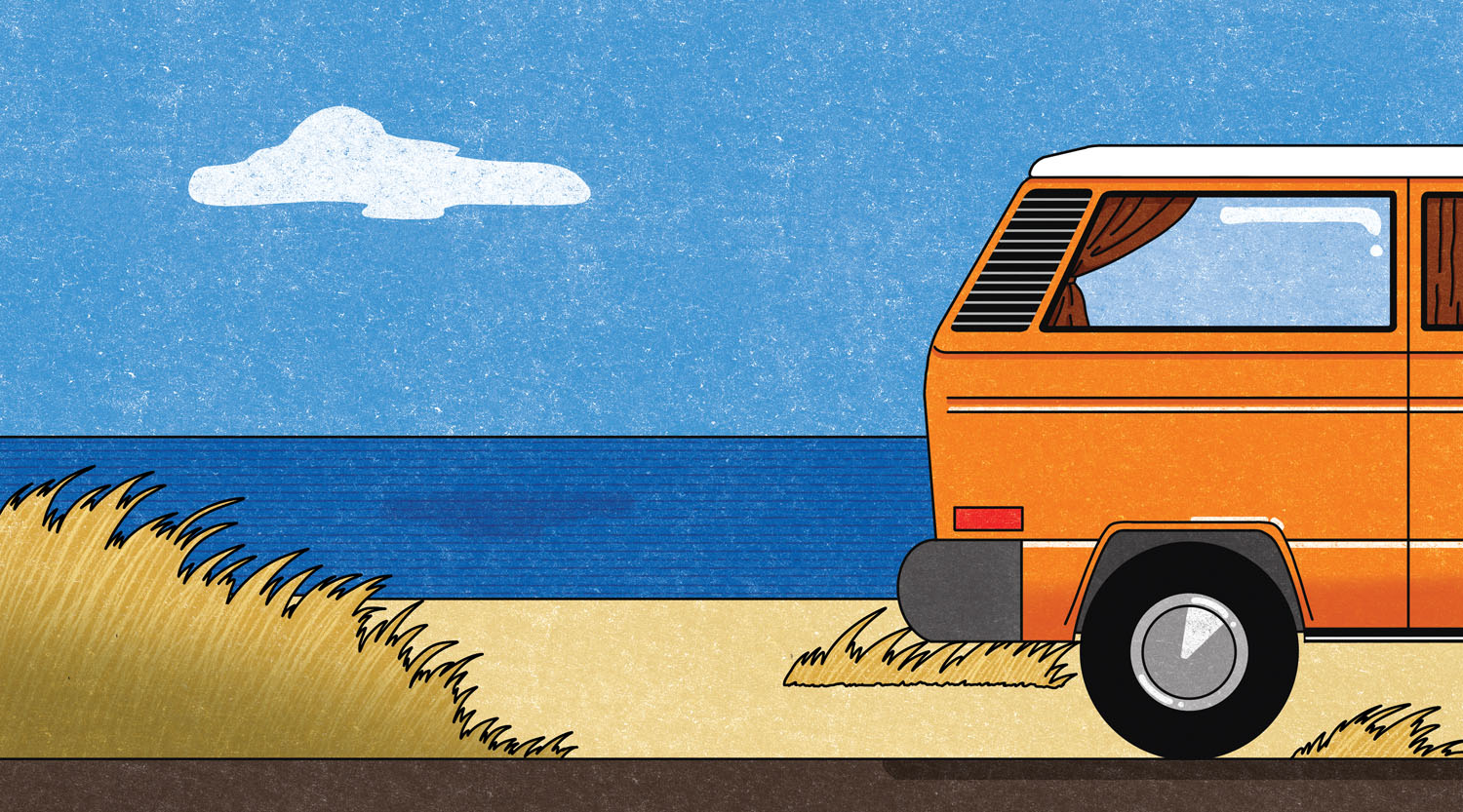Image


You should really subscribe now!
Or login if you already have a subscription.
Melanie Lambrick’s clients include the New York Times, the New Yorker, the Washington Post, Refinery29, New York, the Los Angeles Times, and the Economist.